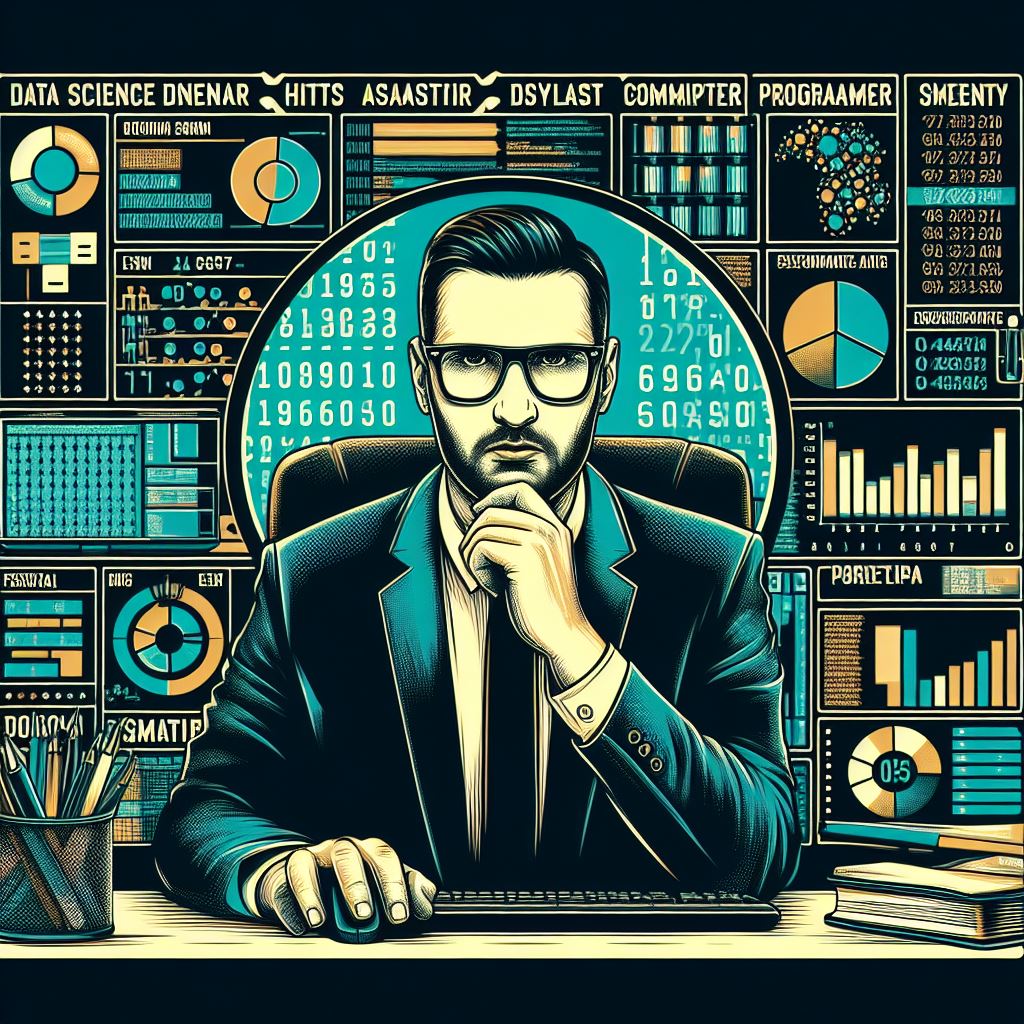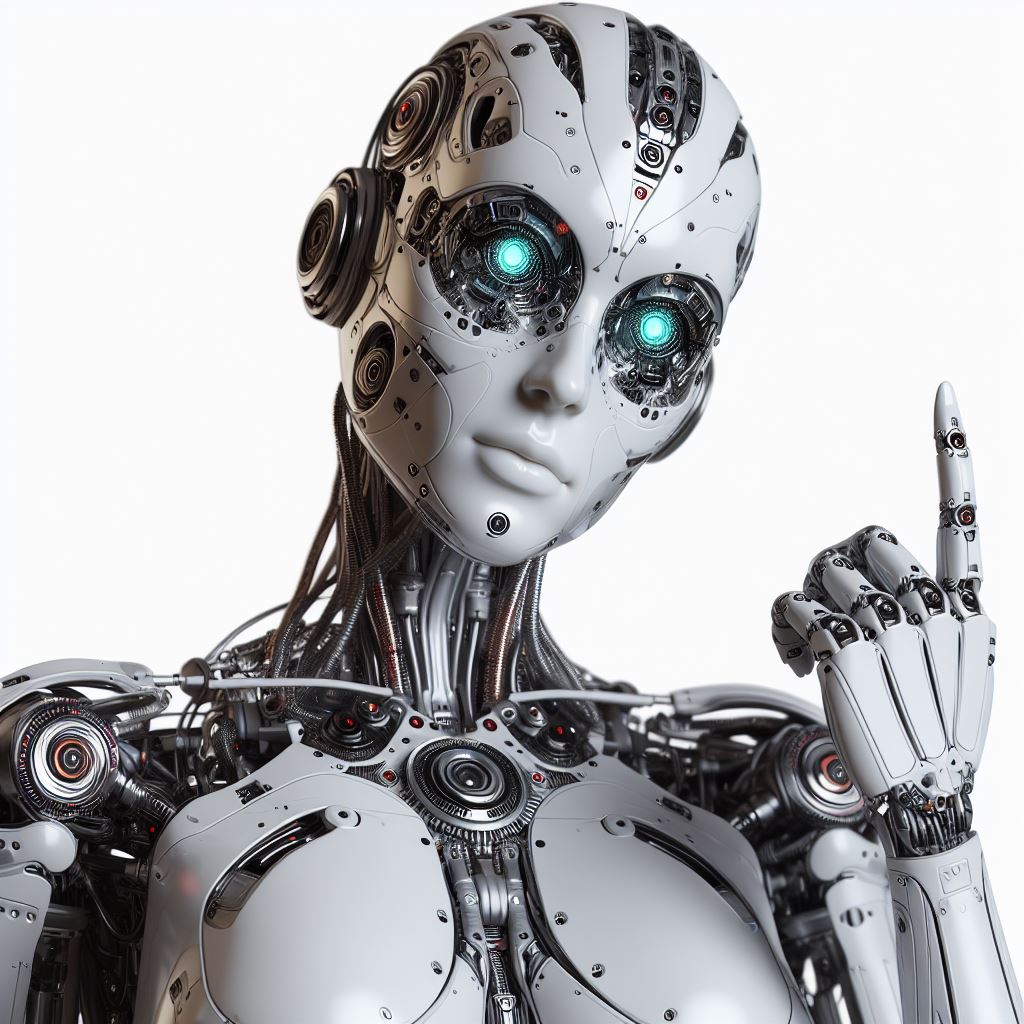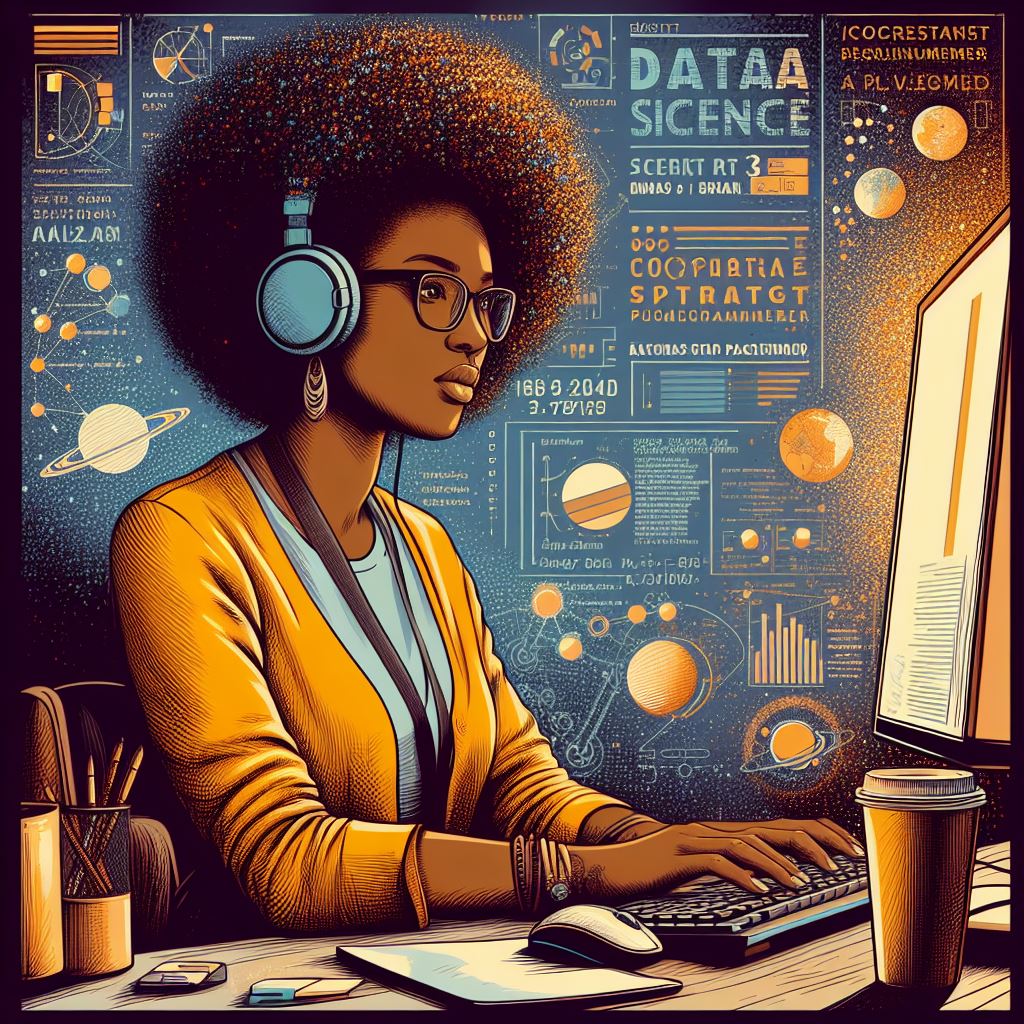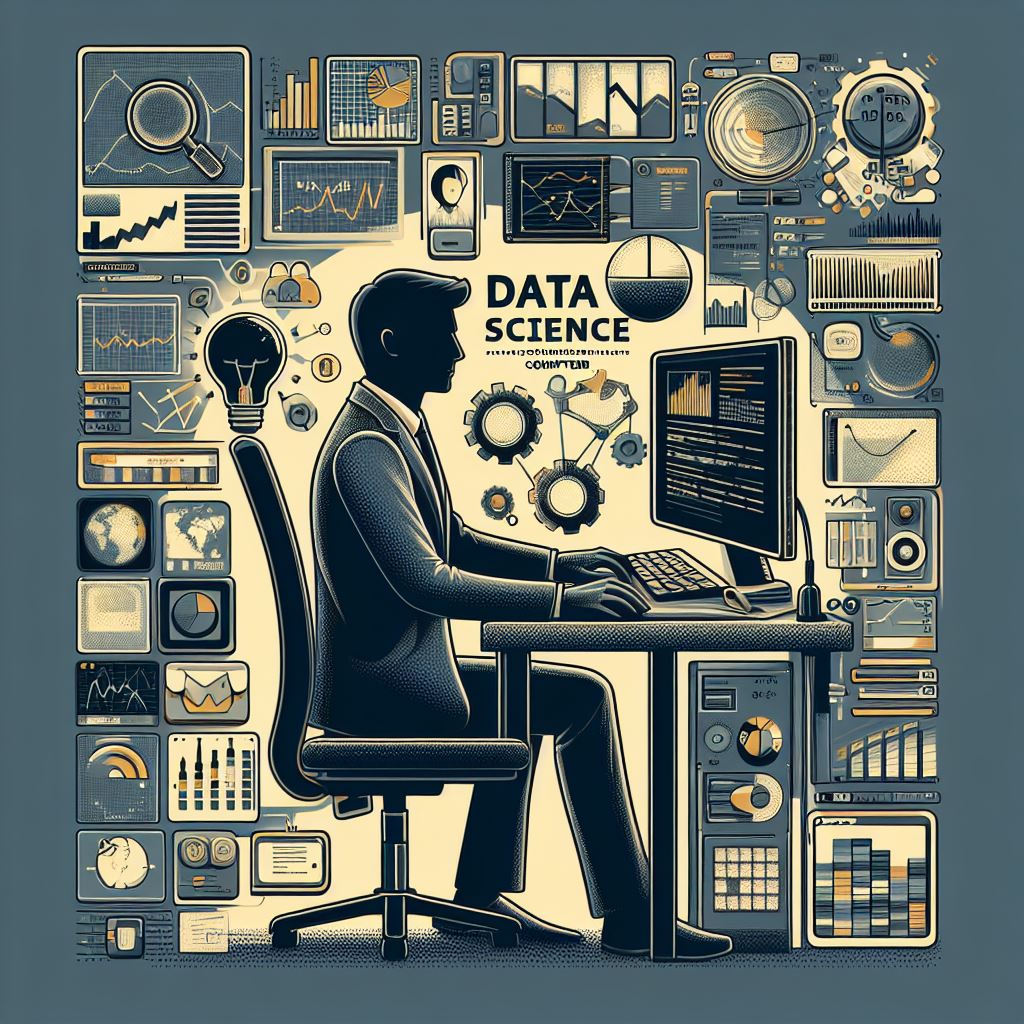In today’s fast-paced world, home automation powered by machine learning (ML) and artificial intelligence (AI) is transforming the way we live. These advanced technologies enable devices to adapt and respond to our needs in ways never imagined before, offering enhanced convenience, energy efficiency, and security. As AI and ML continue to evolve, the possibilities for smarter, more intuitive homes are becoming increasingly limitless.
Understanding Home Automation
Home automation refers to the use of technology to control and monitor household systems such as lighting, heating, cooling, security, and entertainment. Traditional automation systems often rely on simple timers or remote controls. However, the integration of AI and ML takes automation to a whole new level, allowing devices to learn from user behavior, anticipate needs, and make decisions without manual input.
AI and ML-Powered Devices in Home Automation
At the core of modern home automation are AI and ML technologies. AI-powered devices are capable of processing vast amounts of data to make informed decisions in real-time. For instance, smart thermostats like the Nest Learning Thermostat use ML algorithms to learn the temperature preferences of the household, adjusting settings accordingly for optimal comfort and energy savings.
Another popular application of AI in home automation is smart lighting. Using sensors and AI algorithms, smart lights can adjust brightness based on time of day, occupancy, or user preferences. They can also be controlled remotely through smartphone apps, making it easy to manage lighting from anywhere.
AI-powered security systems are also a significant part of home automation. These systems use facial recognition, motion sensors, and smart cameras to identify potential threats, alert homeowners, and even distinguish between familiar faces and strangers. Over time, the AI systems become more accurate in detecting unusual behavior and providing a higher level of protection.
Benefits of AI and ML in Home Automation
Energy Efficiency: One of the most significant benefits of integrating AI and ML into home automation is the ability to optimize energy usage. AI-powered devices can analyze data from smart meters and sensors to detect energy wastage and make adjustments to reduce consumption, ultimately lowering utility bills.
Convenience: Machine learning algorithms enable devices to learn and adapt to individual preferences and habits. For example, a smart fridge can monitor food inventory and suggest recipes based on what is available, while a voice-controlled assistant like Amazon Alexa or Google Assistant can manage various household tasks with voice commands.
Security: AI and ML enhance home security by monitoring activities and predicting potential security breaches. Smart cameras, doorbell cameras, and motion detectors can send real-time alerts to homeowners, allowing them to monitor their property remotely and take necessary actions.
Personalization: AI-powered systems can create personalized experiences by learning from user interactions. For instance, smart home assistants can suggest music, adjust lighting, or even change the thermostat settings based on the user’s mood or preferences.
Time-Saving: By automating routine tasks, such as turning on lights, adjusting thermostats, or locking doors, AI-powered devices save homeowners time and effort. These systems work independently to perform tasks without needing constant human input, giving people more time to focus on other important activities.
Challenges and Future Prospects
While the benefits of home automation with AI and ML are clear, there are challenges to consider. Privacy and data security are significant concerns, as these systems collect and analyze personal information. Ensuring that proper security measures are in place to protect user data is essential for widespread adoption.
Moreover, the cost of integrating AI and ML technologies into home automation systems can be high. However, as the technology continues to improve and become more affordable, it’s expected that smart home devices will become more accessible to a broader range of consumers.
Looking ahead, the future of home automation with AI and ML is promising. As machine learning algorithms become more sophisticated and AI-powered devices continue to evolve, our homes will become even smarter, more intuitive, and increasingly integrated into our daily lives.



